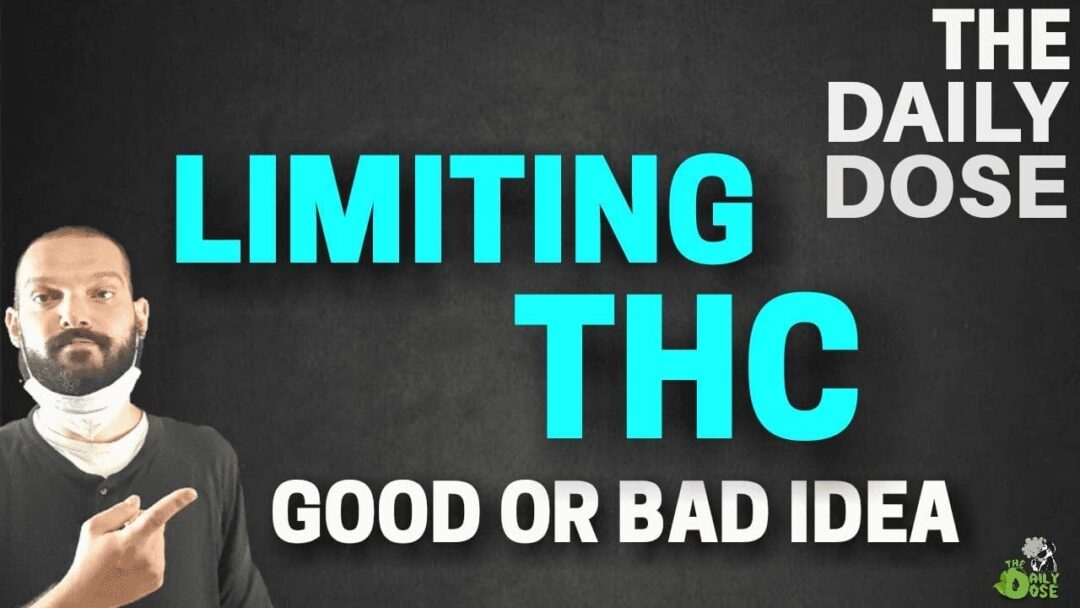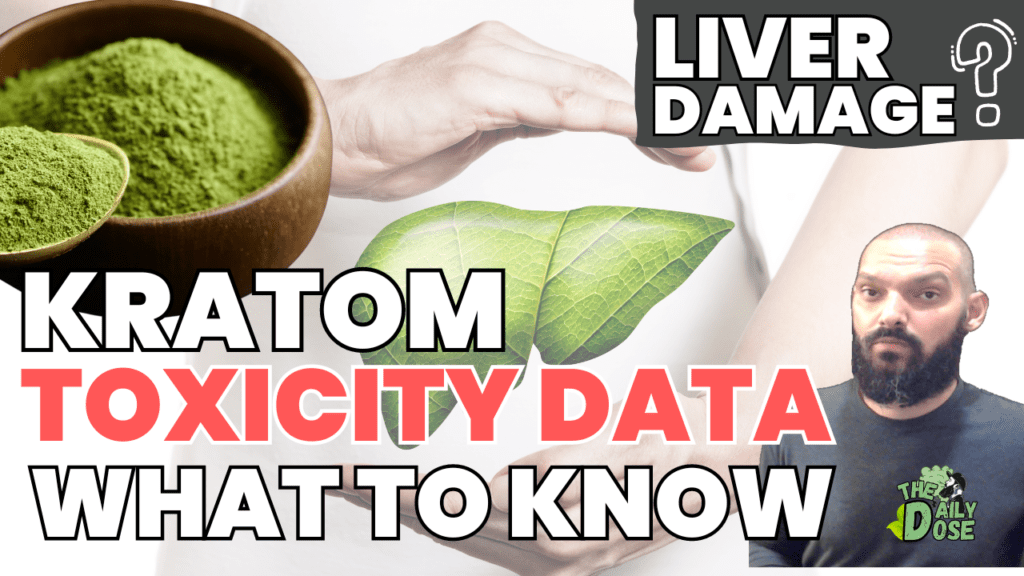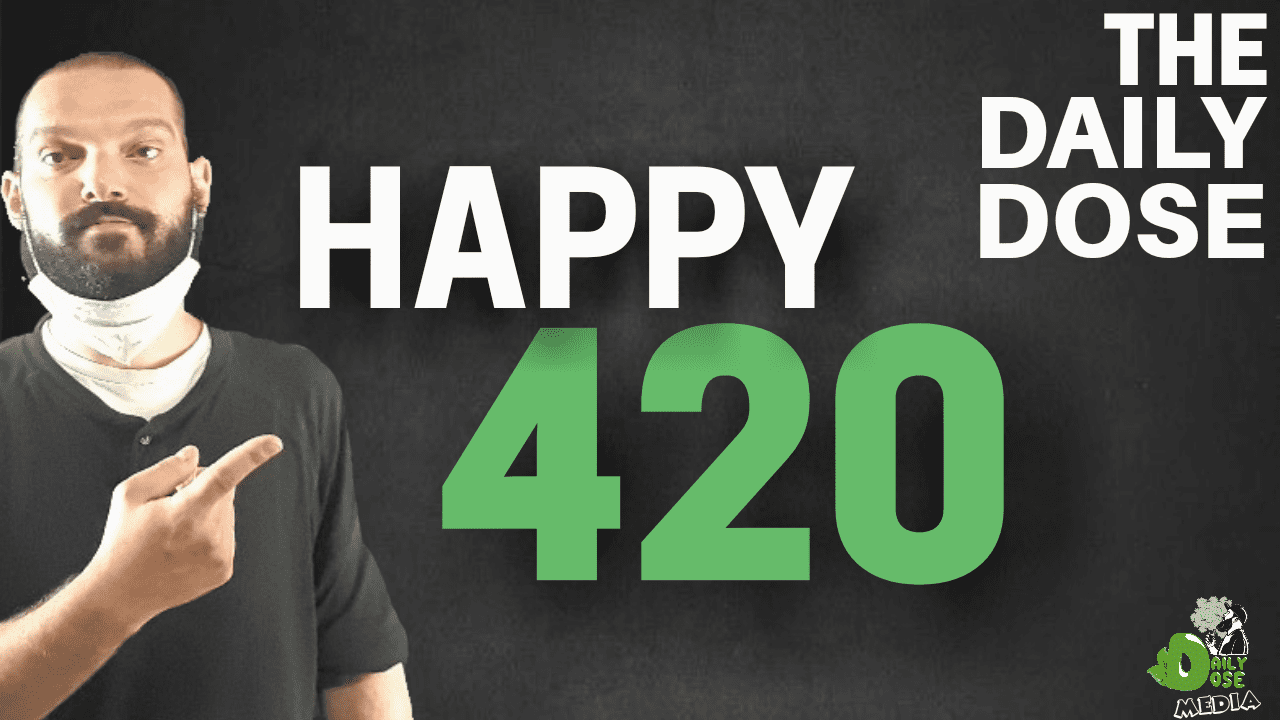Checkout the audio episode here: The Daily Dose Podcast Audio
Regulating THC To Be Or Not To be
Key Take Away
- Varied Legal Status Globally: THC (tetrahydrocannabinol), the primary psychoactive component of cannabis, has a varied legal status across the world. In some countries and U.S. states, it’s legal for medical and recreational use, while in others, it remains illegal and is heavily regulated.
- THC Content Limits: In regions where cannabis is legal, there are often regulations on the maximum THC content allowed in cannabis products. For instance, in certain U.S. states, recreational cannabis products have a cap on THC concentration to ensure product safety and control potency.
- Age Restrictions: Legal jurisdictions typically impose age restrictions on the purchase and consumption of THC-containing products, commonly setting the minimum age at 21. This is to protect younger individuals whose brains are still developing from the potential adverse effects of cannabis.
- Packaging and Labeling Requirements: Regulations often mandate clear labeling of THC content and health warnings on cannabis product packaging. This includes child-resistant packaging to prevent accidental ingestion by minors.
- Taxation and Sales Regulations: Legal markets for THC typically involve stringent regulations regarding how and where cannabis can be sold, and these products are often subject to substantial taxes. This is both to control the market and to generate state revenue.
Introduction: The Pot Politics
In the ever-evolving landscape of cannabis, a hot topic arises: regulating THC potency. Some argue that there should be limits imposed on the strength of THC, while others propose an alternative perspective.
This article delves into the controversy surrounding THC potency, challenges the notion of imposing limitations, and explores the complex relationship between THC and naturally occurring cannabinoids.
SUMMARY
THC regulation varies significantly worldwide, with legal statuses ranging from fully illegal to decriminalized or legal for medical and recreational use. Where legal, regulations often address THC content limits, age restrictions, packaging and labeling requirements, and sales and taxation policies to ensure consumer safety and control market operations.
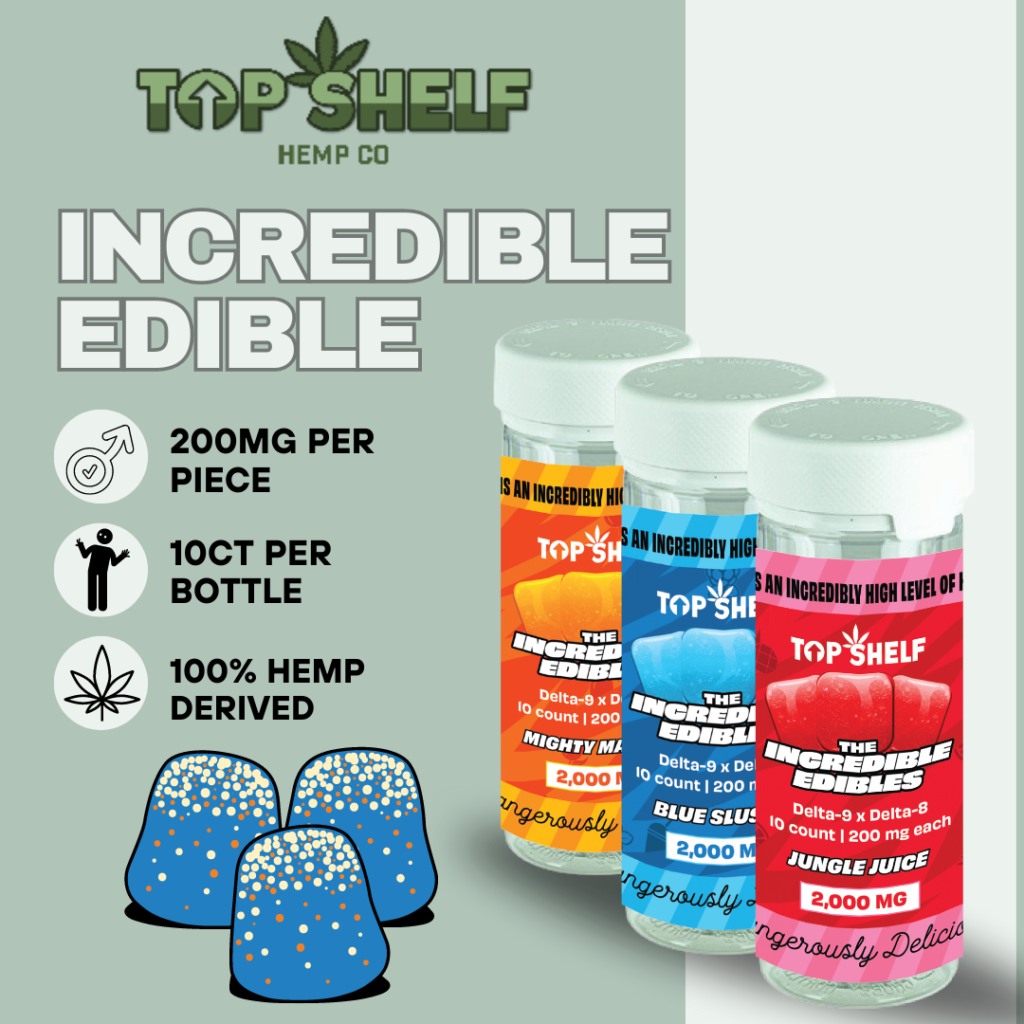
Unpacking THC Potency
- Defining THC and Its Effects: THC, or tetrahydrocannabinol, is the psychoactive compound found in cannabis. Understanding its effects and how it interacts with the human body is crucial to comprehending the potency debate.
- The Rise of Ultra-High THC Products: Over recent years, the cannabis market has witnessed the emergence of ultra-high THC products. These concentrated forms of THC have sparked concerns about their impact on users.

Long-Term Effects of High THC Cannabis
- A Deeper Dive into Reported Symptoms: Individuals have reported various symptoms associated with long-term, high-potency cannabis use. These include vomiting, psychoses, and depression. We examine these symptoms in more detail.
- The Age Factor: Who is Affected Most?: The reported symptoms predominantly affect individuals under the age of 20. We explore why this specific group is the focus of the discussion and whether other age groups are impacted.
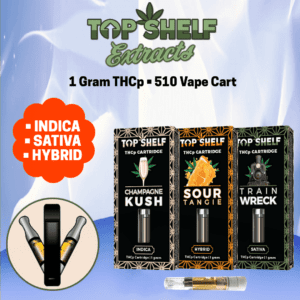
Regulating Potency: Are They the Solution?
- State-Level Regulations: A Closer Look: Some states have already introduced laws regulating THC, such as capping THC in edibles or flower. We examine the impact of these regulations.
- The Missing Piece: Naturally Occurring Cannabinoids: A critical aspect missing from the discussion is the role of naturally occurring cannabinoids in cannabis. We investigate how these compounds may hold the key to addressing the issues associated with high-THC cannabis.
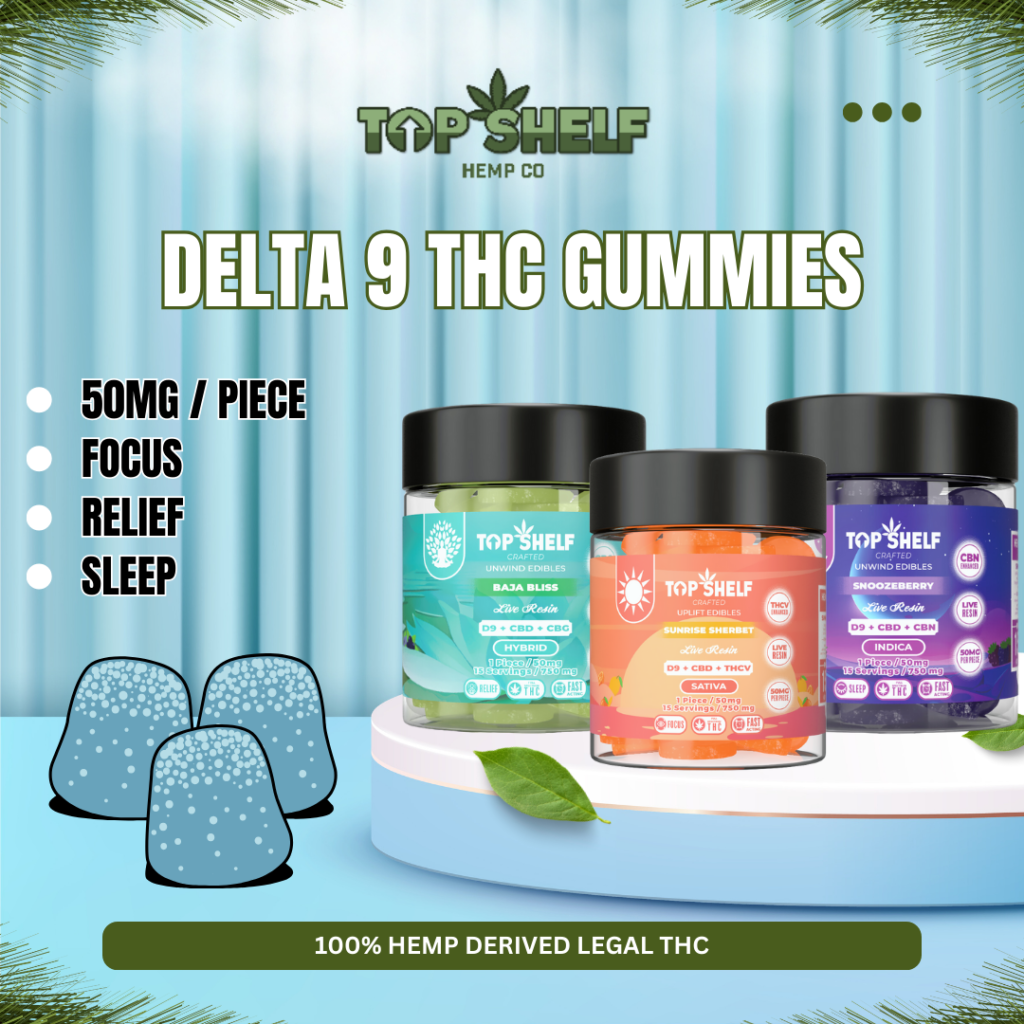
Conclusion: Navigating THC Potency and Its Impact
As the debate on THC potency regulations rages on, it is clear that a comprehensive understanding of the issue is necessary. While reported symptoms in long-term, high-THC cannabis users are a cause for concern, we must also consider the role of naturally occurring cannabinoids in mitigating these effects.
Exploring potential solutions and conducting further research will be crucial to navigate this complex terrain and find a balanced approach that ensures the well-being of cannabis users.
Read the USA Today Opinion Article Here: Read More
FAQs
What is THC?
How have THC products become more potent?
Are there regulations on THC potency?
Can naturally occurring cannabinoids mitigate the effects of high-THC cannabis?
Related Articles:
- Why Are People Getting Sick From THC
- Cannabis Recall Updates And Findings
- Understanding THCP What To Know Now
- Cannabis News Now Legalization Efforts
- Pot Politics The State Of Cannabis
Meet The Author


